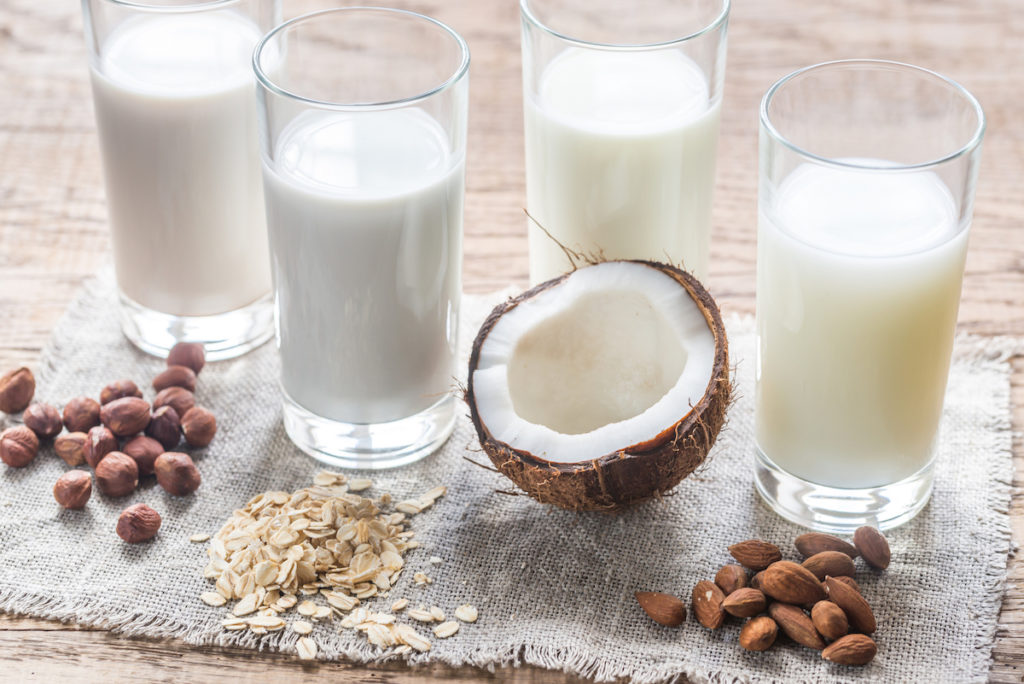As we write this, representatives of the nation’s largest food companies are lobbying the Food and Drug Administration to enforce outdated regulations related to the labeling of dairy alternatives such as milk, yogurt, and cheese. Public health lawyer Michele Simon and the Plant Based Foods Association are calling on the community to submit comments to the FDA by 11:59pm on Monday, January 28th, telling them not to bow to dairy industry pressure. Below are the comments submitted by our Chief Executive Officer.
Dear Commissioner Scott Gottlieb,
I appreciate the opportunity to submit these comments, and I commend the high standards with which the Food and Drug Administration regards accurate labeling. It should be the right of every American to have access to labels that meet the highest standards of clarity and accuracy.
In keeping with these standards, descriptive words on labels should be evaluated based upon their ability to maximize clarity and truthfulness to consumers. This is precisely what words like “milk,” “cheese,” and “yogurt” accomplish on the packaging of plant-based versions of these products. Such words are neither deceptive nor obfuscating. On the contrary – it would be more confusing to consumers to omit such descriptors, as doing so would remove the most helpful, familiar point of reference by which to understand and recognize the products.
Indeed, the approximately 118 million Americans who are lactose intolerant are much better served by labeling if they are able to look for items called “non-dairy milk” or “plant-based milk”, because that is precisely what they are seeking – milk alternatives. If such consumers are forced to scrutinize the label of an “almond beverage” in an effort to understand whether the product is a reasonable alternative that can accommodate their allergy, they are subjected to needless confusion and uncertainty.
It is also worth noting that consumers do not purchase cow’s milk because it comes from cows. Rather, they purchase it because of its function and form. The source of dairy alternatives, therefore, is not the issue – it is the ability of such products to replace cow’s milk without forgoing functionality and nutrition. And this is exactly what dairy alternatives aim to do – they aim to provide options to consumers who cannot or will not purchase dairy products, but who still want the benefits.
And make no mistake: the plant-based food industry is at the forefront of ensuring the accuracy of labels. The industry voluntarily came together and drafted a list of requirements that must be met in order to make the source and substance of their products clear to consumers. (“Voluntary Standards for the Labeling of Plant-based Milks in the United States.” Plant Based Foods Association. July 2018. Web.)
Given the above, I call on the FDA to do the following:
Stand up for the interests of American consumers, rather than the interests of one particular industry, and refrain from making changes in your enforcement policy, whether in a guidance document or other form, that would limit the First Amendment rights of companies to label their foods with truthful, non-misleading labels to communicate to consumers who are seeking out plant-based dairy alternative foods and beverages.
I thank you in advance for doing what is right and not limiting the First Amendment rights of plant-based companies that are simply striving to provide options to the many Americans who are unable or unwilling to purchase traditional dairy products.
Sincerely,
David Benzaquen
Founder & CEO
PlantBased Solutions
